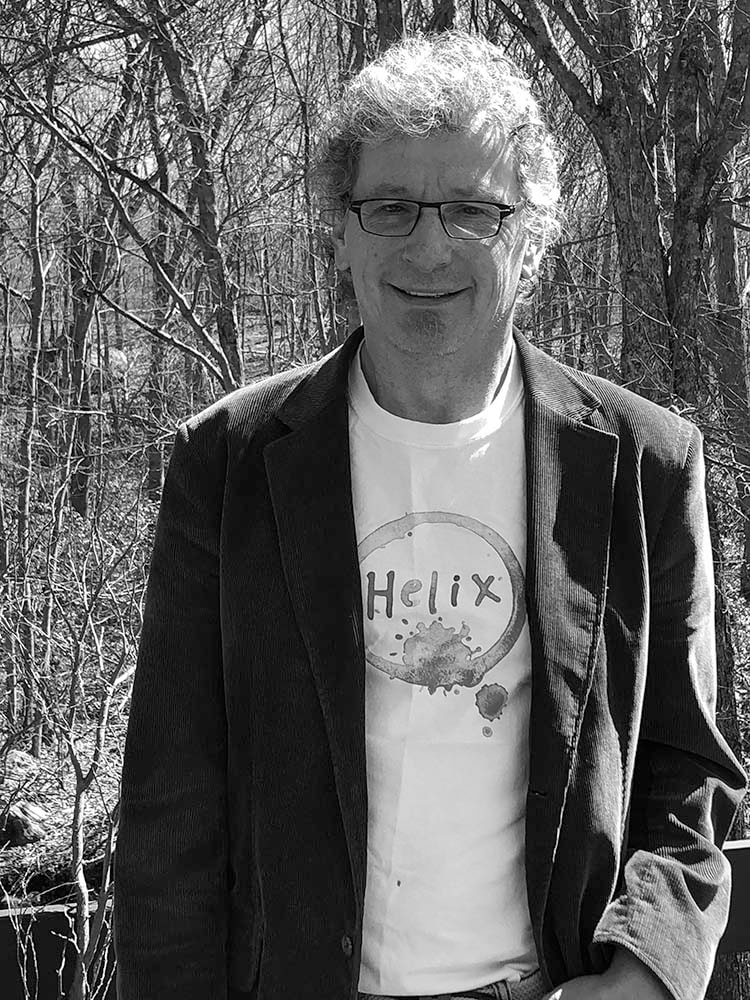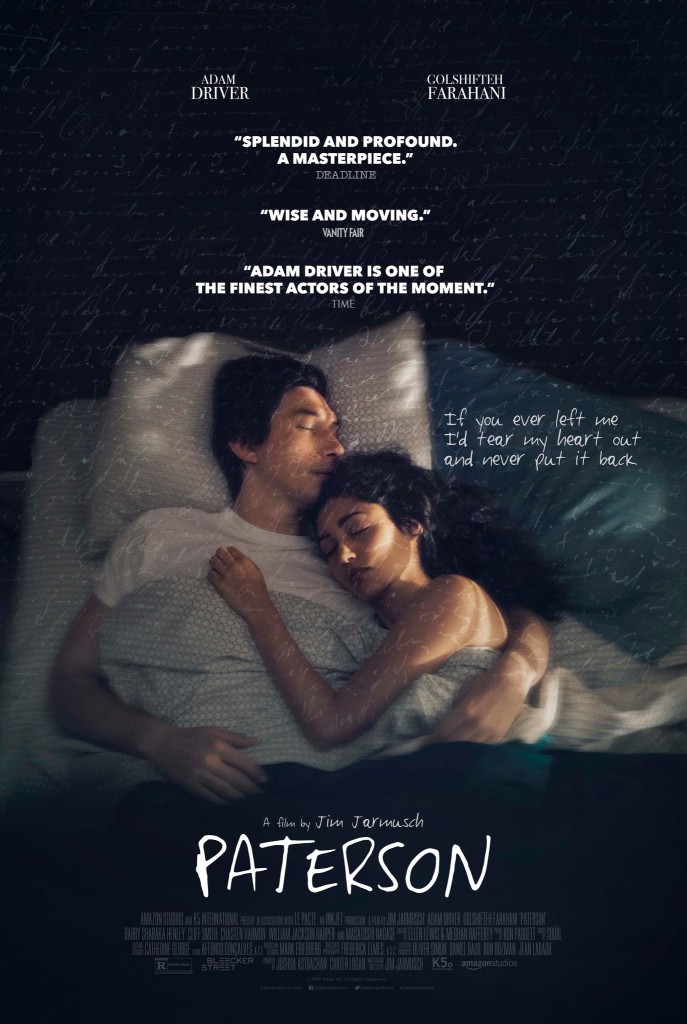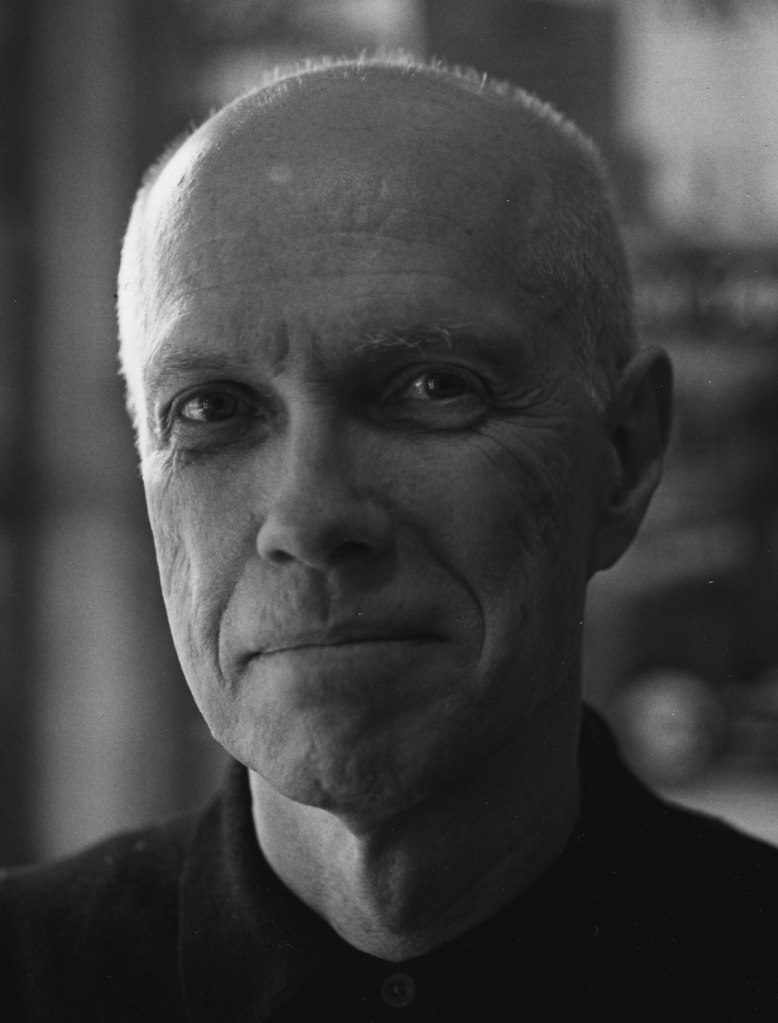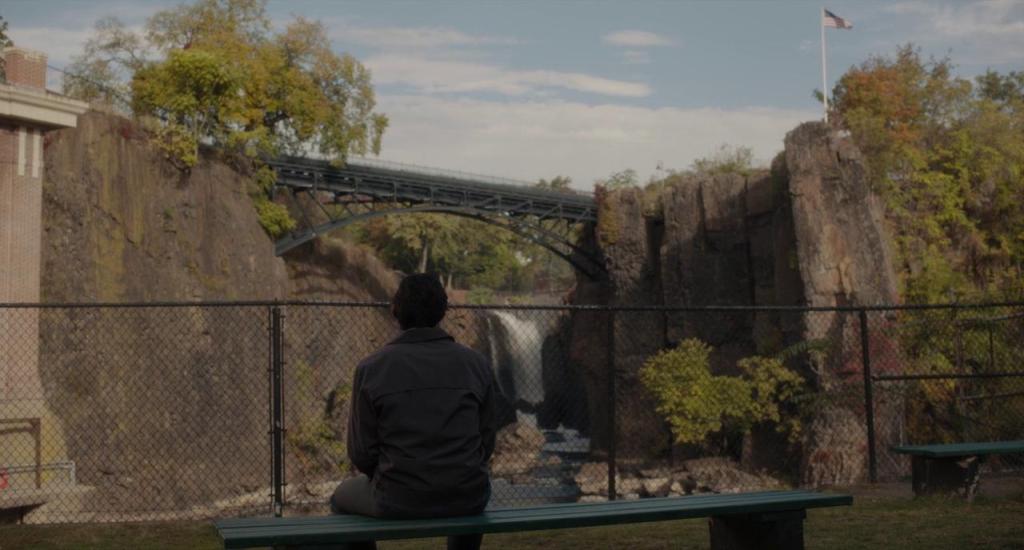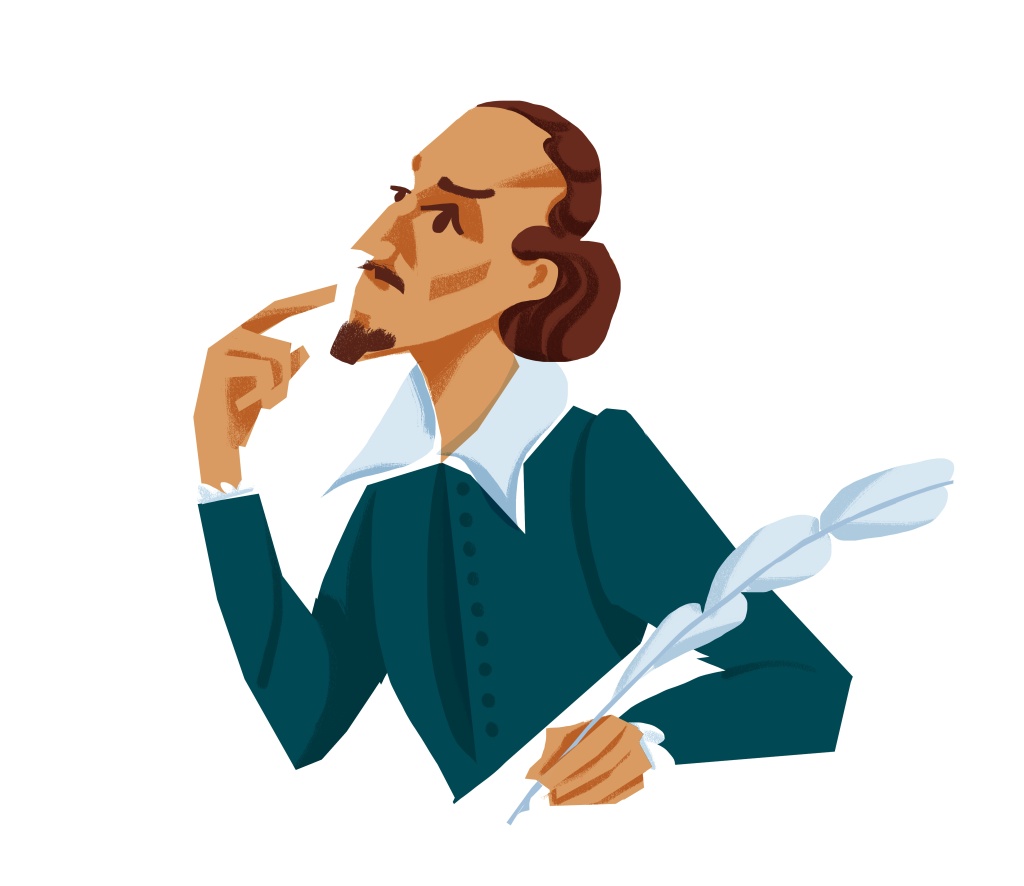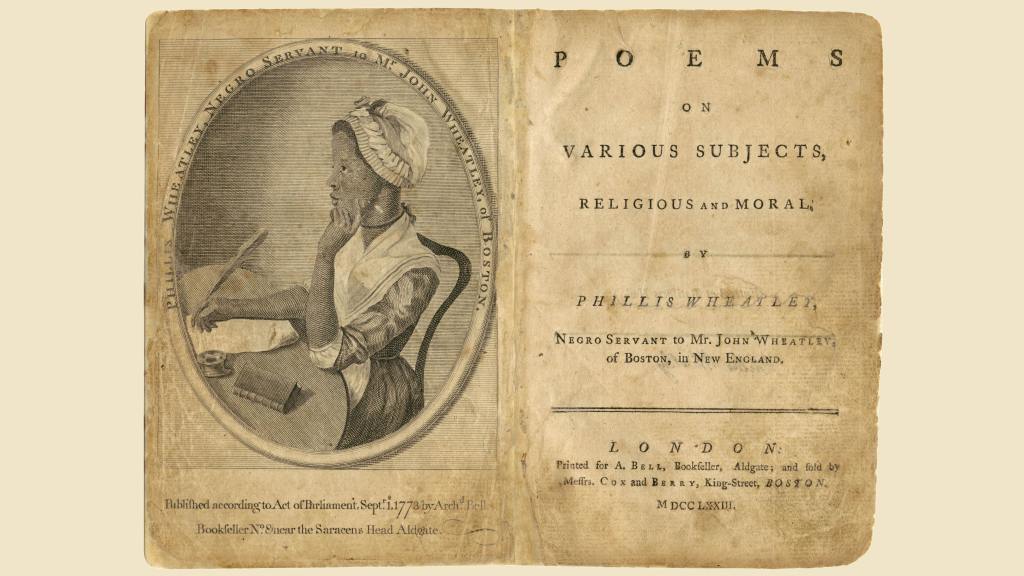"Don’t be afraid to explore and find new things! Join clubs, do extra-curricular activities, and participate in everything you can." - Bobby Simons
By Natasha O'Hara

Tell us a little bit about yourself and what sorts of things you’ve been involved in at IUSB.
I am a double major in English and Theatre at IU South Bend. With IU South Bend’s Theatre Department, I have acted in 5 plays, was a member of the stage management crew for 2 plays, and directed 1 play. I also was a part of 2 student-made productions, one of which I wrote, directed, and acted in.
As for the English half of my major, I have of course submitted several stories and scenes to IU South Bend’s Analecta, some of which I’ve even won awards for. I have also written reviews for the Wolfson Press. I am also a member of the Film Studies Club, and will be participating in their upcoming trip to Los Angeles where we will tour the city and interview screenwriters.
Outside of that, I have also served as a peer mentor for both FYS and the Guided Pathways Academy, in addition to being a part of the Honors Program.
What inspired you to pursue both of your degrees?
I’ve always loved language and finding ways to use it. Theatre is a great outlet for creativity, allowing me to collaborate with others to make real something that isn’t, and in general is just a fun activity to do with friends! Theatre and English go hand in hand, as through the study of language, one learns to communicate, while the main purpose of theatre is to communicate something. By combining these two degrees, I have learned not only how to tell stories, but how to create them.
How has your understanding of literature and language evolved since starting college? What aspects of English do you hope to continue exploring after graduation?
Throughout college I have come to understand the versatility of literature and language, and its practical applications. When starting out, I was always told that finding a solid career with my given choice of major was unrealistic. At the time, I admit that I conceded they were probably right, but didn’t care because the most important thing for me was doing what I was interested in. After four years of college; however, I’ve realized that writing is not reserved solely for entertainment, but truly we rely on language to survive. Following graduation, I hope to explore all avenues of writing, from creative to professional.
Can you share a memorable experience from your time at IUSB?
One time, in a dance class my sophomore year, we had a push-up contest and I won. I was given some Peeps as a reward, but didn’t eat them because I think Peeps are kind of gross, so I gave them to a friend. They thought Peeps were gross too, but there was nothing they could do about it.
What advice do you have for current students?
Don’t be afraid to explore and find new things! Join clubs, do extra-curricular activities, and participate in everything you can. You don’t make friends and/or lasting connections through classes alone, or well I’ve heard some people do, but I don’t think those people are real. Especially for those who commute, getting involved on campus is the easiest way to make friends. In short, if you’re not willing to go out of the way for anything, the best you’re going to get is the bare minimum.
Can you tell us about any favorite classes? Are there any professors that have been an influential part of your academic career?
I think some of my favorite classes included: Jazz Dance, Costume Crafts, Computer Art and Design I, and Screenwriting. I don’t think I’ve had a single professor who hasn’t had some kind of impact on me, and they have all influenced me in distinct ways. Those who have had the most specific influence include Aimee Cole, whose flexibility and inventiveness have made class in the costume shop comfortable despite my intense fear of sewing machines; Karen Pajor, whose unrivaled positivity and energy is contagious in all the best ways; Kelcey Ervick, who is a great creative writer and a great teacher of creative writing (and no, I’m not just saying that because I know she will be reading this); and finally Elaine Roth, who has set up so many great opportunities for me as a student and someone interested in screenwriting.
What are your plans for after graduation?
Great question. As mentioned, I will be going to Los Angeles with the Film Club, and I am also taking a study abroad trip to Germany this summer. I am super excited for both of these trips, especially considering I really haven’t traveled at all since I’ve been in college. After that I plan to take some time to do pretty much anything but school for a while, as that school has pretty much defined my whole life for the past 15 years. When the time is right, unless I’ve found something else I like, I’ll plan on continuing my education by pursuing a masters degree in English. In any case, I’m more than optimistic for whatever my future holds!
Is there anything that you would’ve changed or done differently given the opportunity?
For a while I was interested in getting a minor in Spanish. I enjoy learning languages, and thought it’d be a good idea to add that to my degree, but to do so, I would have had to take on a ridiculous course load each semester if I still wanted to graduate on time, and so it wasn’t really feasible. Thinking about it, I guess then since minoring in Spanish wasn’t possible, it doesn’t truly answer the question, as I really couldn’t have done anything differently there. On second thought, what I would’ve done differently is not get Peeps after winning the push-up contest.
What inspired you to write bland theft, and did you plan on changing the name for the full one act, or did that come later?)
I was inspired to write the scene in question, and the full one act as a whole by various sources. I wanted to combine comedic and dramatic elements to tell a story that was equally absurd as it was sympathetic. As for the name change from Odd One Out (the name of the original play), that was to avoid breaking any rules for Analecta submissions. I had tried to do a lot of advertising for Odd One Out as I was preparing to have it performed, and my name was very clearly attached to it. Given that Analecta selections are supposed to be made anonymously, I decided to change the name in the effort of preserving anonymity. Bland Theft was simply the first alternate title I came up with.
What does the English excellence award mean to you?
I am incredibly honored to receive the English excellence award! I am so grateful to this department for everything it has instilled in me as a student of English literature and writing. This award is a great source of validation, and something I will cherish as I look back on my time here.



